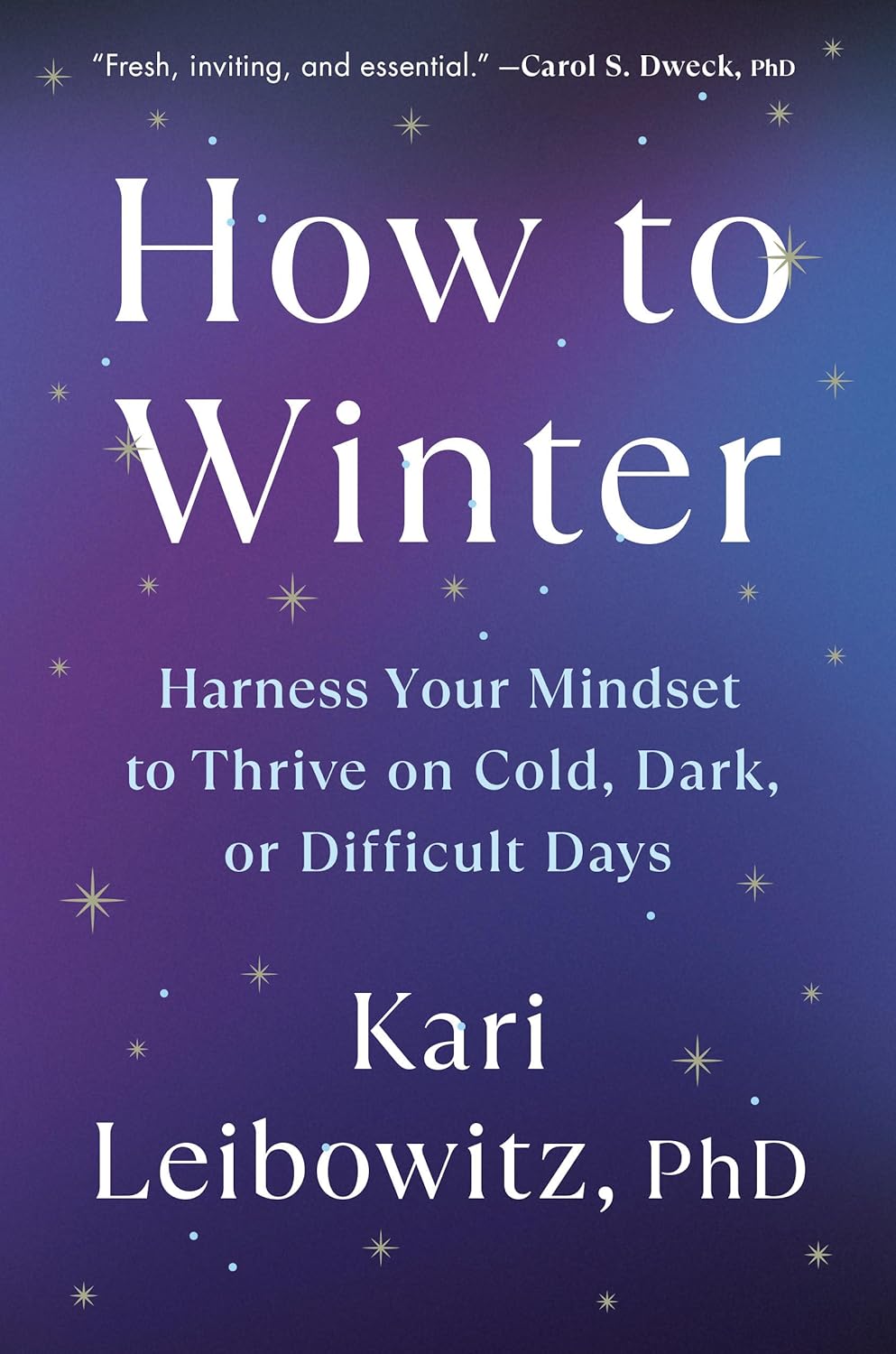What do you think?
Rate this book


304 pages, Hardcover
First published October 22, 2024
Looking at nonhuman life on Earth, it becomes apparent how foolish the notion is that we can enter and exit the winter without changing our sleep, diet, or social behavior. Instead, we can take our cues from nature and adopt our own seasonal rhythms”

Learning to work with the [winter] darkness, rather than against it, is a micropractice in finding the possibilities amidst any challenging or unpleasant situation beyond our control. And fighting it is ultimately futile: darkness falls whether we wish it to or not”
When we write off winter, we resign ourselves to settling for crumbs of happiness; we decide it’s okay to be miserable for one to six months of the year. We let the little unpleasantries, the pinpricks of cold and the annoyance of wet and the fatigue of dark grind us down without realizing it
When we have the mindset–subconscious or otherwise–that “winter is dreadful” or “winter is limiting” we expect that winter will be lifeless and boring. By expecting winter to be terrible, we might be nocebo-ing [the opposite of the placebo effect] our way into the season”
Where I grew up, recess was regularly canceled and substituted for indoor movie-watching when the weather was considered too cold, wet, or snowy. “If you take your kids inside because the weather isn’t perfect, what is that teaching them?”